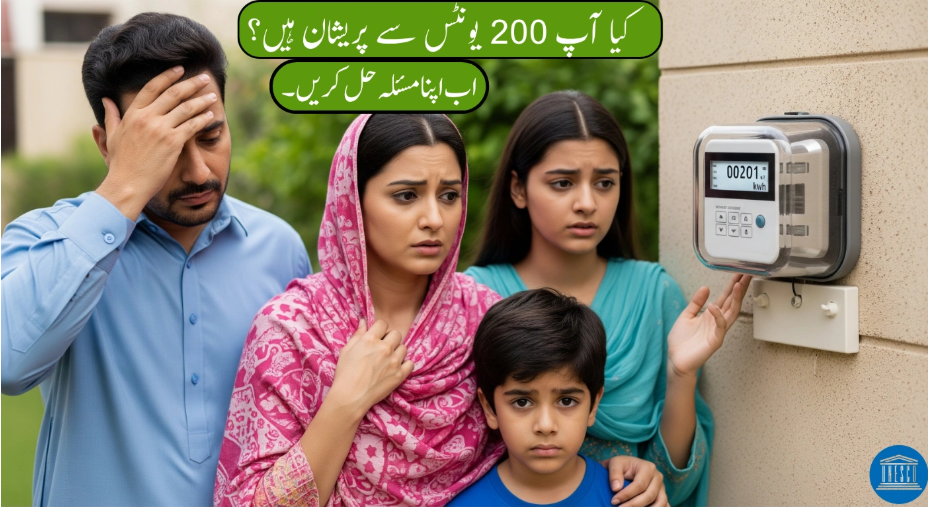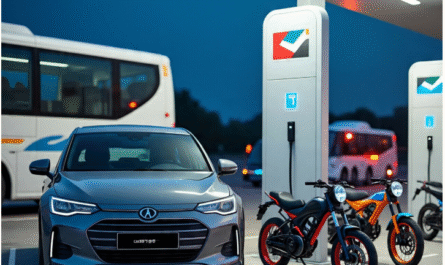Electricity bills in Pakistan can become a major financial burden, especially during hot summers when air conditioners and fans run non-stop. With increasing unit prices and unpredictable tariff hikes, it’s crucial to take control of your electricity usage. The good news? You don’t need to sacrifice comfort to save money. Here are some simple and practical tips to avoid high electricity bills in Pakistan.
1. Understand Your Bill & Monitor Usage
Start by understanding your electricity bill. Know how many units you consume and identify peak usage months. Install a digital energy meter or use a bill calculator to monitor daily usage. This awareness helps in cutting back where necessary.
2. Stay Below 200 Units
In Pakistan, crossing the 200-unit slab often means jumping to a much higher per-unit rate. Try to keep monthly consumption below this threshold. It can reduce your bill by 30–50% in many cases.
3. Switch to Energy-Efficient Appliances
- Replace traditional bulbs with LEDs (use 80% less energy).
- Use inverter ACs and refrigerators that consume less electricity.
- Invest in energy star-rated appliances.
Though the initial cost might be high, the long-term savings are worth it.
4. Turn Off Devices When Not in Use
Leaving fans, lights, TVs, or chargers running unnecessarily can waste a lot of electricity. Cultivate the habit of switching off all appliances when not needed.
Tip: Use power strips to switch off multiple devices with one button.
5. Use Natural Light & Air
Open curtains during the day and take advantage of natural sunlight. Cross-ventilate your home instead of using fans or air conditioners when weather permits.
6. Avoid Peak Hours
Electricity tariffs are higher during peak hours (typically 6 PM – 10 PM). Avoid using heavy appliances like irons, washing machines, and air conditioners during this time.
7. Solar Power is a Smart Investment
Installing solar panels can drastically reduce or eliminate your electricity bill. The government offers net metering, allowing you to sell excess electricity back to the grid. This is especially effective for homes with high energy needs.
8. Regular Maintenance of Appliances
Clean your air conditioner filters, refrigerator coils, and fans regularly. Dirty appliances consume more energy to function.
9. Use Timers & Smart Plugs
Set timers for water motors, ACs, and geysers. Smart plugs can automatically switch off appliances after a set time, preventing overuse.
10. Insulate Your Home
Proper insulation keeps your home cooler in summer and warmer in winter, reducing the need for extra cooling or heating.



